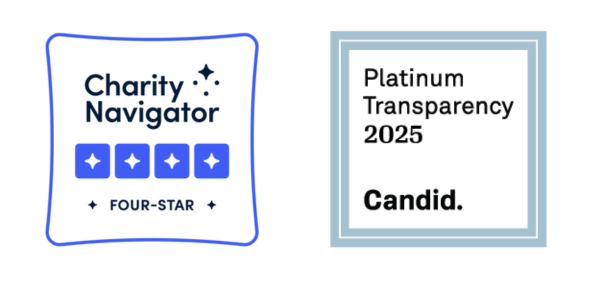(Dec. 9, 2021)
Supporting programs that promote race equity to achieve health equity lie at the heart of the Foundation for Healthy St. Petersburg (FHSP). And on a parallel track, the Pinellas Education Foundation has undertaken an intensive assessment of its own initiatives to ensure they are as equitable and impactful as possible. To help advance equitable educational access and outcomes, FHSP has generously provided funding for the Foundation to conduct action-oriented research and energize community engagement leading to initiatives that address inequities in educational outcomes. This work increases equity in education through initiatives which address college access and early literacy outcomes, for example.
We spoke with Randy Russell, FHSP’s founding president and CEO, to get his thoughts on his organization’s work and education focus since its creation in 2013, to discuss equity, and talk about FHSP’s steadfast support of the Pinellas Education Foundation.
Can you tell us a little about the Foundation for a Healthy St. Petersburg and what drives your mission?
As a private foundation, there is freedom to invest strategically to advance our mission. These efforts are shaped by the community. Everyday grassroots and grass-tops people make progress towards building a healthier, safer, and more equitable county. FHSP finds the momentum of this work and accelerates it. By listening, we identify the best and highest use of the Foundation’s dollars. The community drives us, inspires us, and holds us accountable.
What are some of the specific ways you help make an impact?
We’re investing more than a million-and-a-half dollars next year of our $8 million annual spend in listening. System change begins with, is led by, and will be achieved by community. The lived experience of students, in this case, is critical to understanding overall conditions of people, particularly by race. A race equity focus to health equity (including education) fast tracks our community towards health equity, and then improves population health overall.
What is your approach to creating change in the community?
We actually don’t want to do much ‘doing.’ We want to do more in the way of inspiring, pushing, and cajoling others to see the assets that exist, utilize data to identify challenges, and bringing intentional focus to solve challenges. Since we are focused on Race Equity to achieve Health Equity we frame our work through a race equity lens. We do all of this through listening.”
For the past seven years, our work has been listening in a variety of ways—including spending $21 million in three years to identify nonprofits that would be interested in working with us. We asked what was on their minds, what was their capacity, and who we might fund to meet the ambition of our mission.
We listen to hear, learn, engage, and empower people and communities, combine voices with data, assess activities/organizations already going the work, and we then fuel with ideas, convening, and sometimes funding.
Where does education fit in in terms of leading to better health outcomes?
We looked at a timeline across the human lifespan, including infant mortality, pre-K readiness, third-grade reading achievement level, graduation rates, income earning potential, disease burden, and life expectancy. The data clearly shows disproportionate outcomes by race. For example, college access by race identifies 82% Blacks and 91% Whites graduate high school; this is preceded by multiple other education measures such as reading on grade level. Only one-third of Black students and two-thirds of White students are reading at grade level by grade 3.
According to the National Institutes of Health, education is one of the strongest predictors of long-term health and quality of life. That is why education is essential to a race and health equity mission. Educational achievement levels predict the trajectory in many areas for the rest of one’s life.
What are your thoughts about the Pinellas Education Foundation’s work as a partner in the effort to achieve equity?
The Education Foundation’s literacy study was an invaluable tool in our advocacy. Its reputation and strong relationship with the school district helps influence system-level collaboration. That’s one example. The partnership with the Pinellas County School Board, the research, and the many programs of the Education Foundation are critical. Change happens at the Speed of Trust, and while the current outcomes by race are unacceptable, we know this didn’t happen overnight. Intention, focus and measurable accountability have emerged internally and externally as well. The Foundation is, indeed, a very valuable community asset which we strongly support.
What are your thoughts about the Pinellas Education Foundation’s increased assessment of its work in making an impact on equity issues?
That’s another good sign. The courageousness of CEO Stacy Baier and the Foundation Board to step into this issue is so important—to own where you and your organization are on the race equity journey. Establishing a high-level staffer focused on race equity and DEI work is also extremely critical.
Where do you hope we’ll be three to five years down the road?
There will be a time, and I hope it’s within five years, when we’re no longer talking about these race measures by race as a unique unsolvable outcome because we’ve seen forward momentum in improving them. And then, someday further we’ll be talking about the students’ full experience in education because we have no difference in outcomes or qualities of experience by race.

